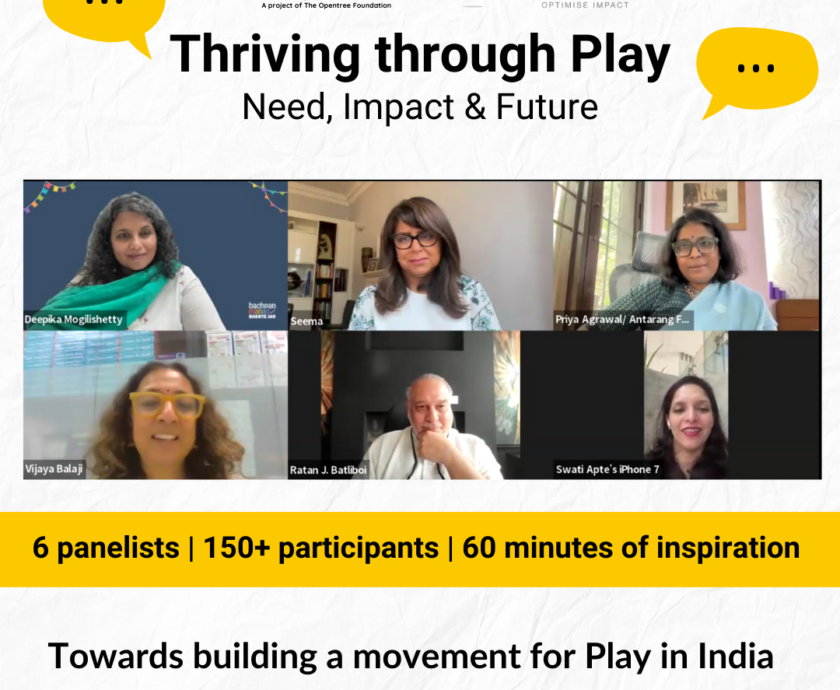In the 1980s, researcher Dr. Bergen and researchers Wen Liu and Geng Liu surveyed American and Chinese college students about what they remembered as the most important play experiences of their elementary years.
The study, published in the International Journal of Educology in 1997, revealed that the majority of American college students remembered pretend play as the most significant play activity (52%), while the majority of Chinese students recalled games with rules as the most important activity (59%). Chinese students were more likely to say that their childhood play affected their personality (58%), while American students were more likely to say that play influenced their choice of vocation or hobbies as an adult (41% and 34%, respectively).
Even now I love to imagine myself doing something, then I set a goal and do it.
American students typically credited pretend play for their positive adult abilities
Despite these interesting cultural differences, the majority of Chinese and American students stated that their primary motivation for play was “fun.”
Games have made me brave, decisive, self-confident and able to deal with things quickly.
Chinese college student revealed how playing games with rules resulted in positive personality traits as an adult
There is no denying that play is fun, and certainly fun is its biggest draw. However, children also develop critical cognitive, emotional, social, and physical skills as they play. Research has shown that play contributes to proper brain development. The skills children learn through play in the early developmental years set the stage for future learning and success from the kindergarten classroom to the workplace.
Every day hundreds of children across Maharashtra embark on their journey of joyful discovery through Toybank’s play programmes. They are learning how to learn, how to get along with each other and deal with life’s situations all through the power of play.
Source: The Strong National Museum of Play. (n.d.). When I Was a Kid: Adult Memories of Play












